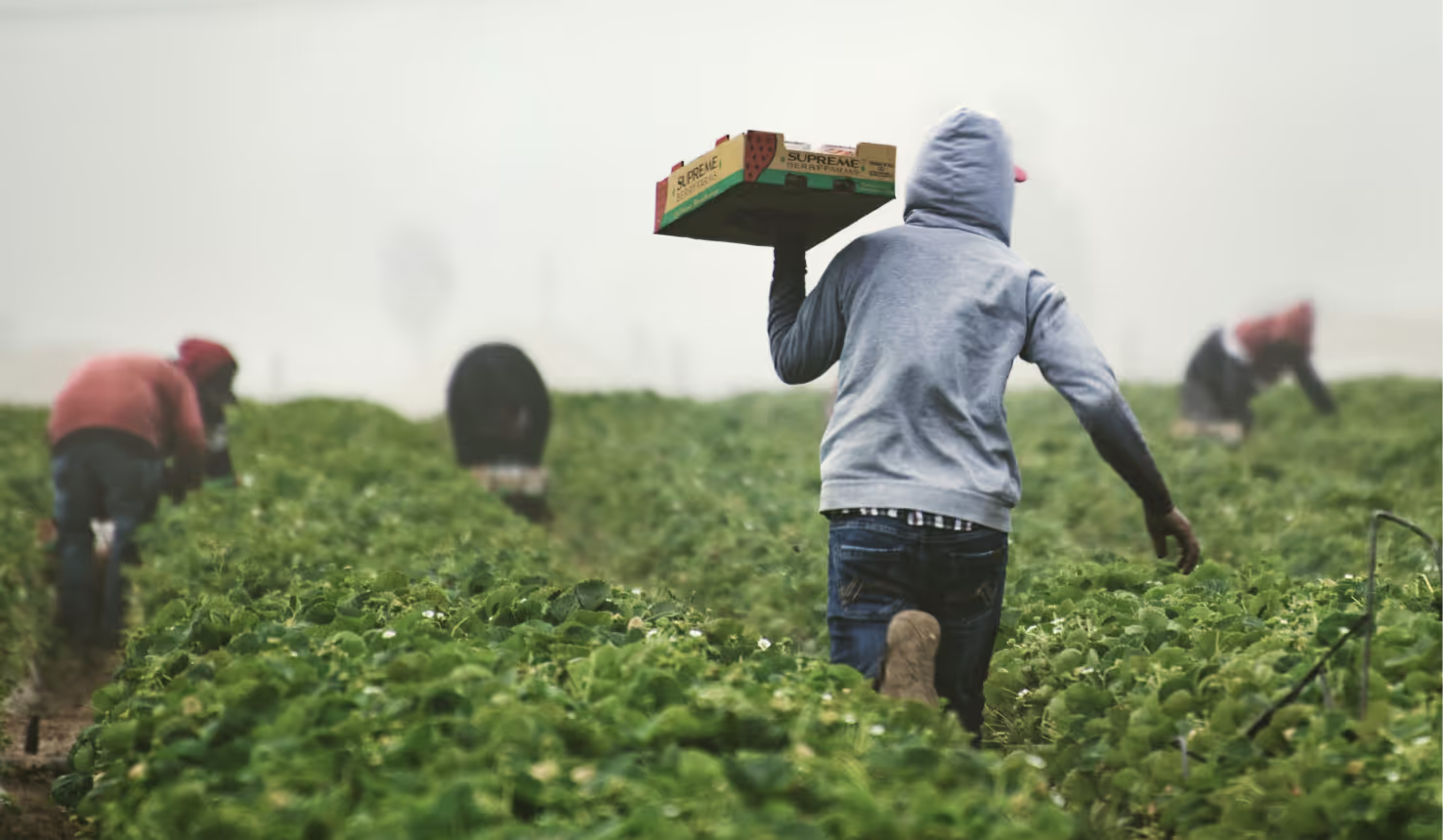Food Sovereignty in Practice and Policy

Join the community





This post is the second in a two-part food sovereignty series by Leila Alhemali. This piece covers the how to take action for the food sovereignty movement. In part one, learn the history of the movement.
In the last post, Tracing Back the Roots of the Food Sovereignty Movement, we grounded in the history of the Food Sovereignty movement’s reckoning with the oppression of Industrial Agriculture. Now, we’ll explore food sovereignty in practice today.
Food Sovereignty in Practice
A key example of food sovereignty in practice is the Traditional Western Apache Diet Project. It holds a profound significance, particularly in the context of Native communities that stand in urgent need of food sovereignty. This initiative was designed to meticulously examine the ancestral diet, as well as the pre-reservation healthcare and support systems, embraced by the four Western Apache Tribes of Arizona. Its primary aim was to reintroduce the essential components of these traditional systems back into Apache communities to decrease instances of heart disease, diabetes, depression, and alcoholism.
Emerging in the 2010s, this project initiated a vital process of reconnection for San Carlos Apache tribal members, bridging them back to the nourishing food practices that sustained their ancestors prior to the tumultuous 1850s. During that pivotal period, the U.S. government employed harsh tactics that severed the Western Apache from their time-honored livelihoods, making way for the arrival of white American settlers in the western regions. Through research and heartfelt dialogues with tribal elders, the Traditional Western Apache Diet Project successfully reconstructed the intricate tapestry of their ancestral diet, which was much more nutrient-rich and low-fat compared to their modern diet. As food is vital to human life, options of the source for a community’s food can provide pathways to liberation from oppressive systems and government interventions.
Food Sovereignty in Policy
Knowledge is power, and one of the key aspects of the food sovereignty movement is empowering consumers with knowledge about the origin and production of their food. Advocating for policy changes that mandate the inclusion of farming practices on company websites and product labels is essential. Instead of relying on terms like "organic," which can be ambiguous and misleading, products should explicitly list the chemicals they have been exposed to during the growing process. The current policy favors “proprietary secrets” of industrial farms over transparency that gives consumers agency to decide what goes in their bodies.
Another crucial policy change is the integration of basic food-growing practices into public education curricula. All Americans should graduate from public education with basic knowledge of soil maintenance, non-chemical pest management, and sun/watering schedules for common edible plants. In locations where growing food is not practical, computer simulations could be used.
By equipping future generations with practical agricultural knowledge, we can cultivate individual food sovereignty and promote sustainable practices. Can you think back to something you learned in public education that could be replaced with a three-month unit on agriculture? Personally, I would have gladly replaced one of my units on cell biology with learning how to grow edible plants.
Community Supported Agriculture
Policy changes require coordinated efforts across stakeholders and time, but there are immediate steps you can take to support the food sovereignty movement within your community. Joining a Community Supported Agriculture (CSA) program is a great way to directly engage with local farmers and their produce. CSAs enable consumers to purchase shares of a farmer's upcoming harvest, providing them with a regular supply of fresh, locally grown produce. Each CSA program operates differently, but all offer seasonal, local foods and contribute to reduced carbon footprints by supporting regional food systems. Participating in a CSA might introduce you to locally grown crops you never knew were available, like my experience receiving pinto beans in New Mexico last fall. You can use the Commons app to find CSAs and other community-led ways to eat seasonal and local.
Food Sovereignty for All
Embracing the principles of food sovereignty is an integral step toward mitigating the impacts of industrial agriculture on the environment and human well-being. By advocating for policy changes that promote transparency, education, and community engagement, individuals can contribute to building a more just and sustainable food system. Recognizing the wisdom of Indigenous communities and sharing that wisdom with future generations helps bridge the gap between modern society and ancestral relationships with the land. Through collective efforts and individual actions, we can drive meaningful change and pave the way for a more resilient and equitable food future.









.jpg)
.png)


